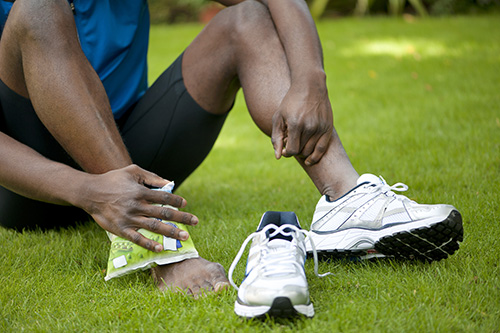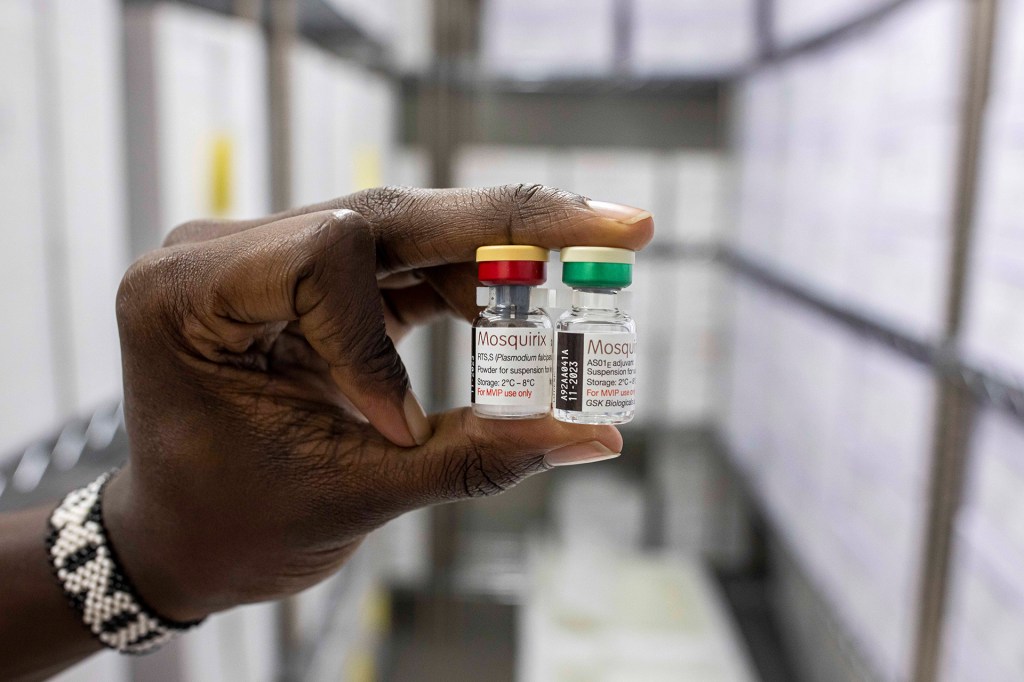The Benefits of Exercise

It comes as no surprise that exercise is good for your health. Experts have long cited
cite
 GETTY IMAGES
to use as an example, an authority, or source
(verb)
The students were asked to cite the books used in their research project.
studies that show positive changes happen to your body before, during, and after a workout. But recent research reveals more detail about the benefits of exercise and gives insight into why it works. Read on to learn more.
GETTY IMAGES
to use as an example, an authority, or source
(verb)
The students were asked to cite the books used in their research project.
studies that show positive changes happen to your body before, during, and after a workout. But recent research reveals more detail about the benefits of exercise and gives insight into why it works. Read on to learn more.
BUILD A MIND-BODY CONNECTION
Yoga and meditation do more than help you feel relaxed in the moment. Mind-body exercises can also improve long-term well-being.
Too much stress can lead to inflammation, which is the body’s often-painful response to injury and overuse. But simple mind-body exercises can reduce inflammation
inflammation
 SCIENCE PHOTO LIBRARY/GETTY IMAGES
a bodily response to injury in which heat, pain, and swelling are present in the affected area
(noun)
Doctors told the players to apply ice to reduce inflammation.
. They can also lower the risk of depression
depression
SCIENCE PHOTO LIBRARY/GETTY IMAGES
a bodily response to injury in which heat, pain, and swelling are present in the affected area
(noun)
Doctors told the players to apply ice to reduce inflammation.
. They can also lower the risk of depression
depression
 JAMIE GRILL—JGI/GETTY IMAGES
a feeling of hopelessness
(noun)
Lisa went through a period of depression after losing her pet.
. New research shows that mindfulness exercises can actually change your genes to help fight off poor health. “Even just 15 minutes [a day] of practicing mindfulness seems to do the trick,” Ivana Buric says. She is a researcher at Coventry University, in England.
JAMIE GRILL—JGI/GETTY IMAGES
a feeling of hopelessness
(noun)
Lisa went through a period of depression after losing her pet.
. New research shows that mindfulness exercises can actually change your genes to help fight off poor health. “Even just 15 minutes [a day] of practicing mindfulness seems to do the trick,” Ivana Buric says. She is a researcher at Coventry University, in England.

BOOST YOUR BRAINPOWER
Exercise can help your brain, not just your body. Exercise makes the heart pump blood faster, and research shows that the increase gives the brain a boost. Physical activity helps brain cells grow. And moving more appears to lower the chances of memory loss. People who exercise have been shown to have more volume in certain parts of the brain. Aerobic exercise—like running and swimming—appears to be best for brain health. That’s because it quickly increases a person’s heart rate and pumps more blood north to the noggin.
National guidelines recommend more than two hours of physical activity each week. But science says people who cram that amount into one or two days get about the same benefits as those who exercise more often. According to research in the Journal of Applied Psychology, exercise can also help people cope
cope
 TARA MOORE—GETTY IMAGES
to manage or deal with something
(verb)
A good night’s sleep can help you cope with stress.
better with anger and feel happier. Exercising just a few times a week can even help you live longer.
TARA MOORE—GETTY IMAGES
to manage or deal with something
(verb)
A good night’s sleep can help you cope with stress.
better with anger and feel happier. Exercising just a few times a week can even help you live longer.

STRENGTHEN YOUR BODY
The scientific reasons to do strength training are stacking up. It lowers the risk for certain diseases. And using resistance bands can make muscles bigger and bones stronger.
Running is another way to help your muscles. Some people believe that over time, the activity can be hard on the knees or can lead to other injuries. But a recent small study found that a short run helped knee joints in the short term. The study looked at runners right after they ran. More research is needed to find out exactly how much running is good for the knees over many years. For now, experts say the benefits of running outweigh the risks.








